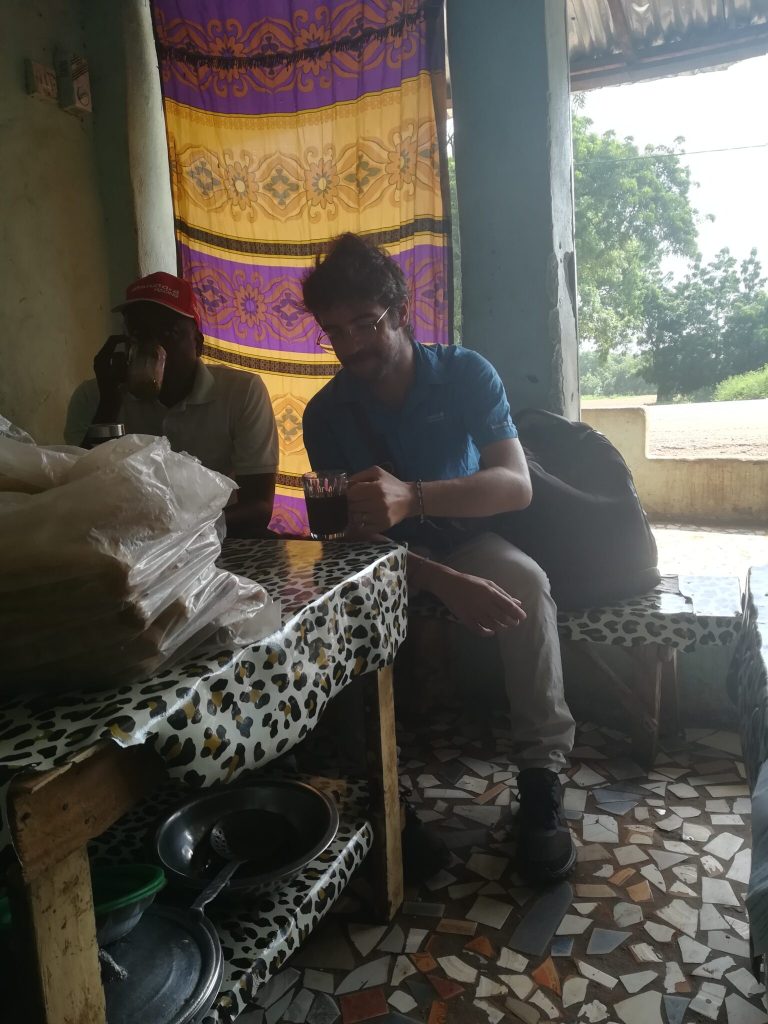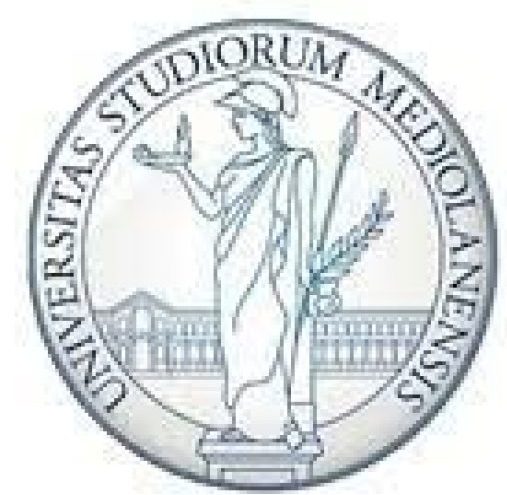Stefano Allovio
After studying Philosophy at the University of Turin, he obtained (1998) his PhD degree with a thesis on circumcision rituals and systems of alliances among mangbetu groups of the north-eastern RDCongo.
He has worked at the University of Milan since 2002, as Research Professor (2002-2006), Associate Professor (2006-2016) and then Professor in the Department of Philosophy “Piero Martinetti” (he teaches Cultural Anthropology and Social Anthropology). He has carried out field research in Burundi, RD Congo, South Africa and Western Alps.
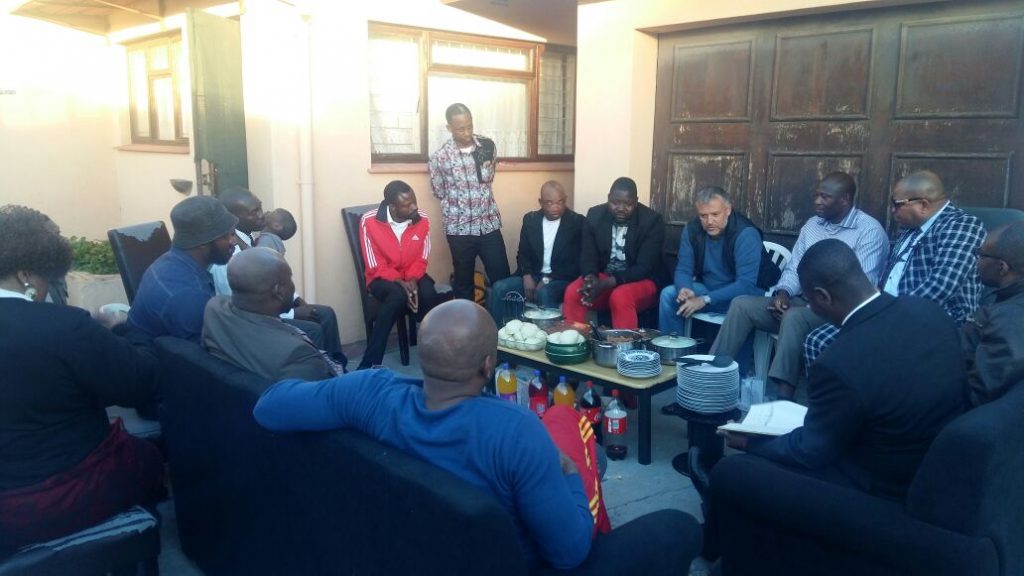
His research interests in Africa are multiple: in the 1990s he worked on ethno-history, anthropology of space, and symbolic ecology in Burundi; since 1994, he did fieldwork for PhD among some ethnic groups in RDCongo. During this research, Allovio started to study systems of alliances, rituals of initiation and secret societies. In recent years, in RDCongo and South Africa, he conducted ethnographic research in urban context (Kinshasa, Cape Town) on the mutual aid associations.
Starting from African ethnographic investigations, he conducted comparative analysis on the relationships between cultural performances and historical transformation in Central-Southern Africa and on the relationships between Pygmy groups ethnography and intellectual traditions.
His research interests in Italy are mainly in the Alpine area. He has carried out researches in the North-western Alps combining fieldwork and research in archives. In particular, he has studied the transhumance sheep in Piemonte and the relationships between the mountain summer pasture usage and the production of cheese in Valle d’Aosta.
Luca Ciabarri
Associate Professor (since 2019) and Researcher (2011-2018) at Università degli Studi di Milano, I held in the past also teaching and research positions as adjunct professor at Università degli Studi di Pavia (2006-2010) and Università degli Studi di Milano-Bicocca (2009-2011), as visiting Professor at Amoud University, Somaliland (2008), as Postdoctoral research fellow at the Max Planck Institute for Social Anthropology, Germany (2006-2009), and as Hunt Postdoctoral Fellow at Wenner-Gren Foundation, US (2011).
My most recent publications include L’imbroglio mediterraneo. Le migrazioni via mare e le politiche della frontiera (Cortina 2020) and “Biographies of Roads, Biographies of Nations: History, Territory and the Road Effect” (in Brill 2017).
From 2022 to 2025 I’ll be coordinating the international research project “Traces of mobility, violence and solidarity: Reconceptualizing cultural heritage through the lens of migration” (Compagnia di San Paolo, in collaboration with Riksbankens Jubileumsfond and Volkswagen Foundation).
Gaetano Mangiameli
He has worked for several years as research fellow and adjunct professor at the Department of History, Cultures and Civilizations of the University of Bologna, where he obtained his PhD in Cultural Anthropology in 2006. He has taught Cultural Anthropology, Ethnography, Theory in Anthropology, Social Anthropology, Political Anthropology and Anthropology of Religions at the University of Bologna, the University of Modena and Reggio Emilia and the University of Milan. He is currently Associate Professor of Cultural Anthropology at the Department of Philosophy of the University of Milan, where he has worked full time since 2017.
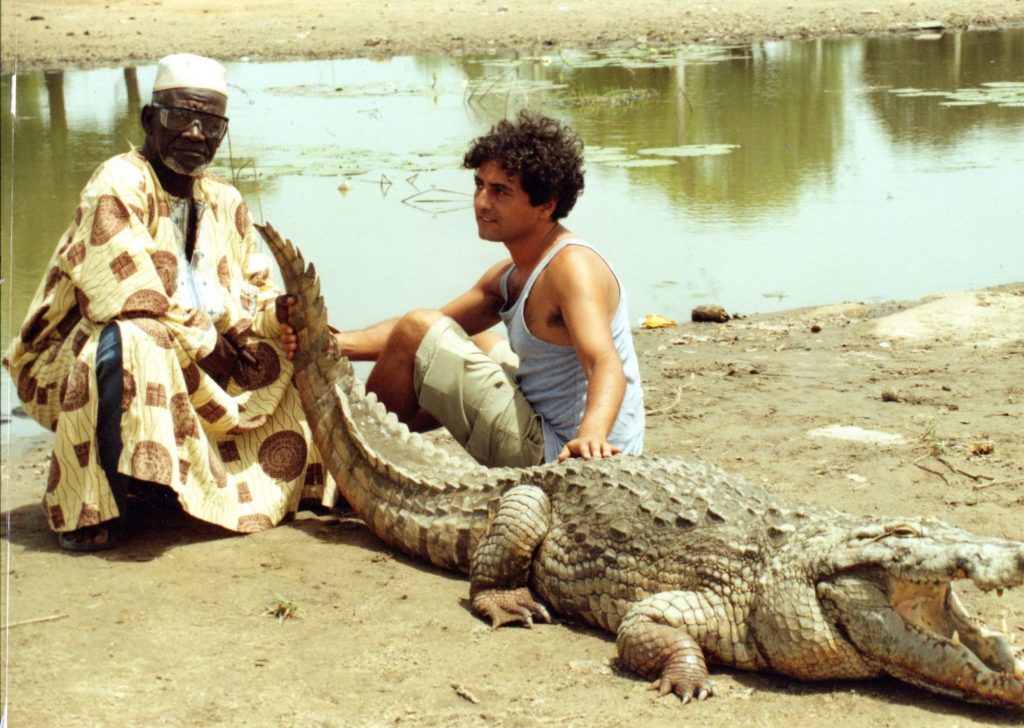
He has conducted ethnographic fieldwork in Ghana (Upper East Region) and Italy (Sicily, Lombardy and Emilia-Romagna), is the author of several essays in English and Italian on a number of topics related to Anthropology and African Studies, has written two books on the Kassena people of West Africa (Le abitudini dell’acqua. Antropologia, ambiente e complessità in Africa occidentale, 2010; L’origine plurale. Miti di fondazione kassena, 2017), and is the co-editor of La questione indigena in Africa, 2017, with Maria Sapignoli, and of Antropologia culturale. I temi fondamentali, 2018, with Stefano Allovio and Luca Ciabarri. He is mostly interested in theory in anthropology, environmental studies, human-non human relations, mythology, social media and complexity.
Maria Sapignoli
She is a social anthropologist (BA and MA, University of Bologna; PhD University of Essex). Before joining the Department of Philosophy Piero Martinetti (University of Milan) in April 2021, she spent eight years at the Max Planck Institute for Social Anthropology in Germany, first as research fellow in its Law & Anthropology Department and most recently heading a Max Planck Independent Research Group. She is continuing to cooperate with the MPI as Cooperation Partner and as Accompanying Scientific Committee member of the research cluster she contributed to setting up, titled Anthropology of AI in Policing and Justice. Over the last few years, she has been fellow in residence in several universities such as McGill University (Canada), University of Botswana (Botswana) and New York University (USA). She has taught Indigenous Peoples and the Anthropology of Law, and Social Change in Modern Africa at McGill University. She is currently Assistant Professor in Social Anthropology at the University of Milan.
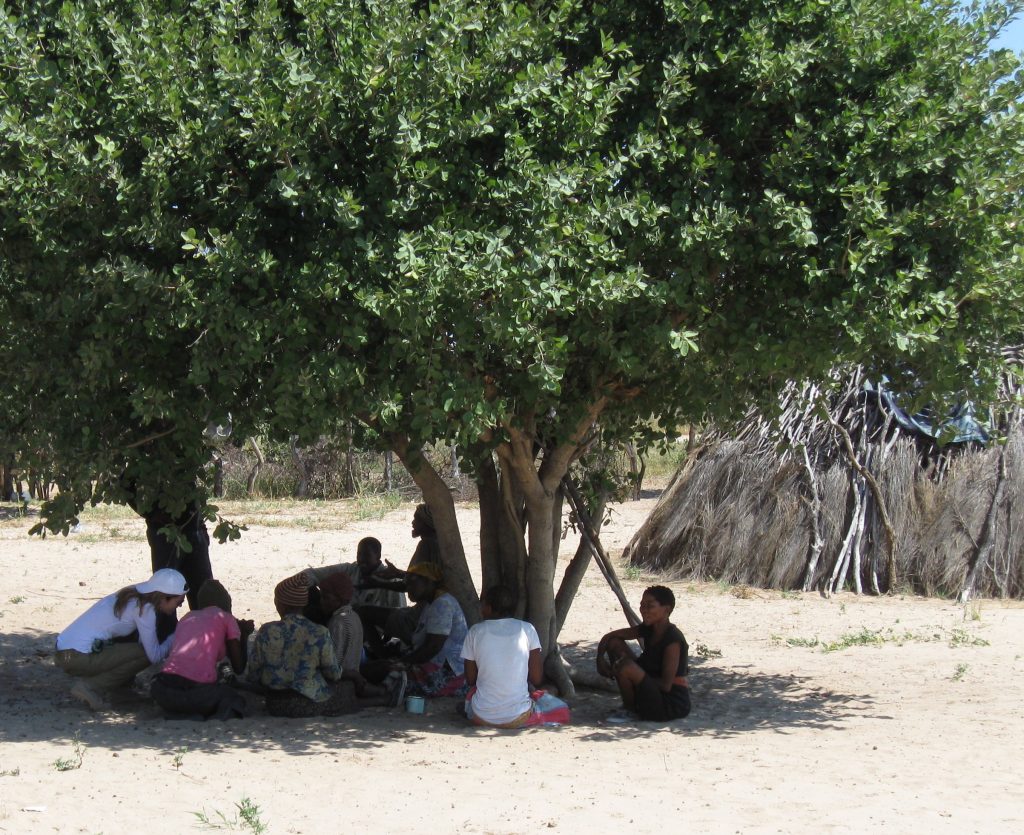
Sapignoli has spent the past decade conducting ethnographic fieldwork in southern Africa (Botswana, Namibia, South Africa) as well as in several international organizations, including the United Nations. She has explored topics of institutional reform, indigenous and minority rights, social movements and advocacy and, ultimately, justice. She is now developing three interconnected research projects that engage critically and collaboratively with the legal and social challenges and opportunities presented by the use of AI and related technologies in society and in environmental governance.
She is the author of a monograph, Hunting Justice: Displacement, Law, and Activism in the Kalahari (Cambridge University Press 2018) and several articles, most recently The Mismeasure of the human (Anthropology Today 2021). She is co-editor of Palaces of Hope: The Anthropology of Global Organizations (Cambridge University Press 2017), of La Questione Indigena in Africa (Unicopli 2017) and of the Oxford Handbook of Law and Anthropology (Oxford University Press, forthcoming 2022).
Laura Volpi
Laura Volpi obtained her PhD degree at the University of Milan in 2020, with a thesis on the social uses of biomolecular investigations in the Peruvian Amazon rainforest. She is now a research fellow in the same University, and she is conducting an ethnographic research concerning the generation of bio-social communities in Euskal Herria (Basque Country).
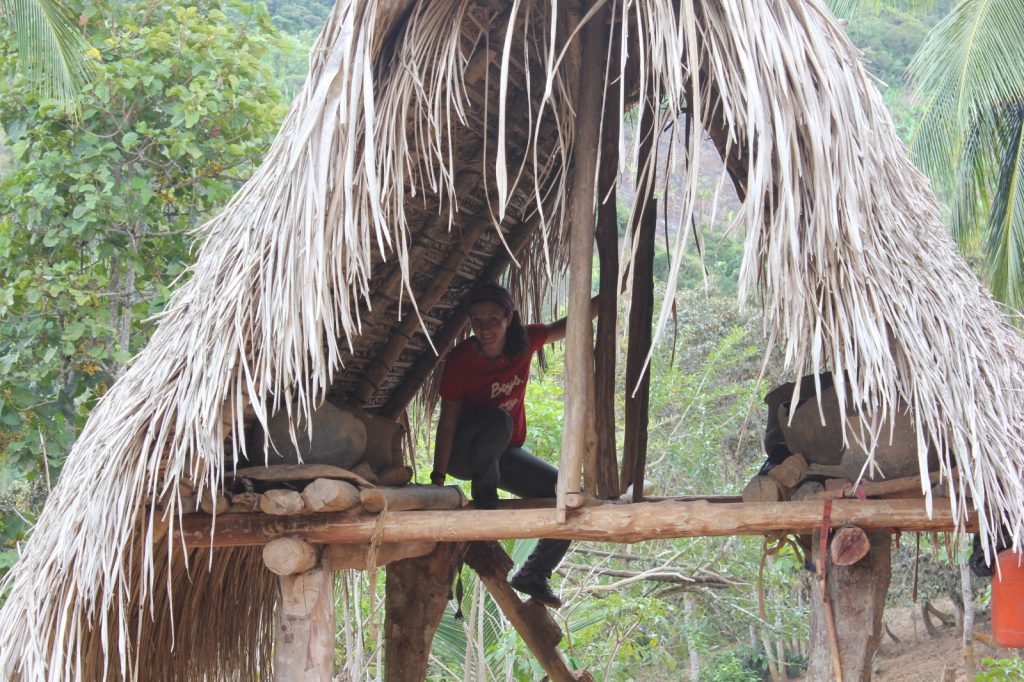
In the Basque Country she is observing how desaparecidos’ relatives are producing biosocial communities, in which their genealogical belonging, the genetic datum and their common and traumatic experience of the Civil War, interweave and document the generation of new interpretations of their individual and collective past. She is also interested in the exhumations carried out of mass graves dating back to the Spanish Civil War period and in the consequent creation of a public database aimed to convey the genetic information resulting from the corpses found there.
In the Upper Peruvian Amazon she lived among the native Kichwa population (San Martín Region, Peru), where she observed the social, political and cultural consequences of the encounter between two teams of geneticists and indigenous people who provided their blood and saliva samples. There she also focused on native ethno-physiology, on human-animal relationship and on kichwa peculiar form of shamanism, called vegetalismo.
Elia Vitturini
Elia is postdoctoral researcher of the project “Traces of Mobility, Violence and Solidarity: Reconceptualizing Cultural Heritage through the Lens of Migration”, at the University of Milan. In 2017, he received his PhD in social anthropology at the University of Milan-Bicocca. His research experience started in 2011 in Somaliland, where he studied the local political arena, marginalised minorities and social stratifications. Between 2019 and 2022, Elia carried out fieldwork research on the migration-development nexus, multi-sited villages and the Euro-African migration regime in The Gambia as a member of the “MigChoice” project (University of Birmingham, University of Milan-Bicocca) and the PRIN 2017 project “Genealogies of African Freedoms” (University of Turin).
